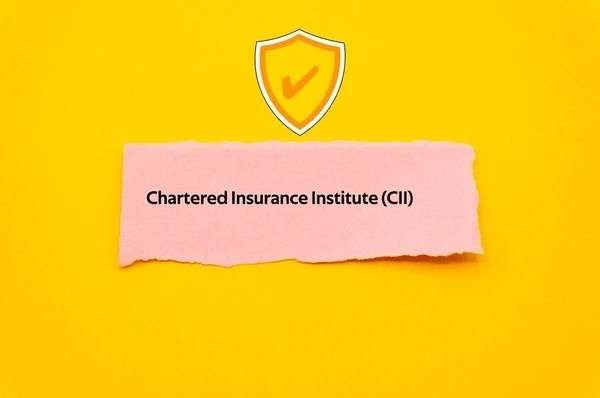The Chartered Insurance Institute (CII) is a professional organization that offers qualifications and promotes professional standards in the insurance and financial services industries. Established in the United Kingdom, the CII serves as a leading professional body for those working in insurance, risk management, and financial planning.
Table of Contents
Explaining Chartered Insurance Institute
1. Role and Purpose
- Professional Standards: Setting and upholding rigorous standards of competence, integrity, and professionalism within the insurance sector.
- Education and Qualifications: Providing a framework of qualifications that support career progression and professional development.
- Industry Advocacy: Representing the interests of members and promoting the value of insurance and financial services professions.
- Knowledge Sharing: Offering resources, research, and publications to enhance industry knowledge and best practices.
2. Qualifications Offered
Key CII Qualifications:
- Diploma in Insurance (Dip CII): Entry-level qualification covering fundamental principles of insurance practice.
- Advanced Diploma in Insurance (ACII): Intermediate level qualification focusing on technical insurance knowledge and strategic thinking.
- Chartered Insurance Institute (FCII): Highest level, reflecting significant expertise and commitment to professional standards.
3. Benefits of CII Membership
Advantages for Professionals:
- Recognition: Achieving chartered status enhances professional credibility and distinguishes individuals in the marketplace.
- Career Development: Access to continuous professional development (CPD) programs and networking opportunities.
- Ethical Guidance: Adherence to CII’s Code of Ethics, promoting ethical behavior and integrity.
- Industry Insights: Access to industry research, publications, and events that support knowledge growth and career advancement.
4. Industry Applications
Sectors Utilizing CII Qualifications:
- Insurance Companies: Enhancing staff capabilities in underwriting, claims management, and risk assessment.
- Brokerage Firms: Supporting brokers in providing expert advice and ensuring compliance with regulatory requirements.
- Financial Advisory Services: Strengthening expertise in financial planning, pensions, and investment advice.
- Risk Management: Equipping professionals with skills to assess and mitigate risks effectively.
5. Examples of CII Qualification Benefits
Practical Applications:
- Risk Assessment: Using technical knowledge to evaluate and manage insurance risks for clients or organizations.
- Client Service: Providing informed advice on insurance products and policies tailored to individual or business needs.
- Regulatory Compliance: Staying updated with regulatory changes and industry standards to ensure legal compliance.
- Professional Growth: Progressing from entry-level roles to senior positions based on acquired qualifications and experience.
6. Conclusion
The Chartered Insurance Institute (CII) plays a vital role in promoting excellence and professionalism in the insurance and financial services industries. Through its range of qualifications and commitment to high standards, the CII supports career development, enhances industry knowledge, and fosters trust among stakeholders. Professionals who attain CII qualifications demonstrate their dedication to continuous learning, ethical practice, and effective risk management, contributing to the overall integrity and success of the insurance sector. Understanding the benefits and qualifications offered by the CII provides a clear pathway for individuals seeking to advance their careers and make a meaningful impact in insurance and financial services.





